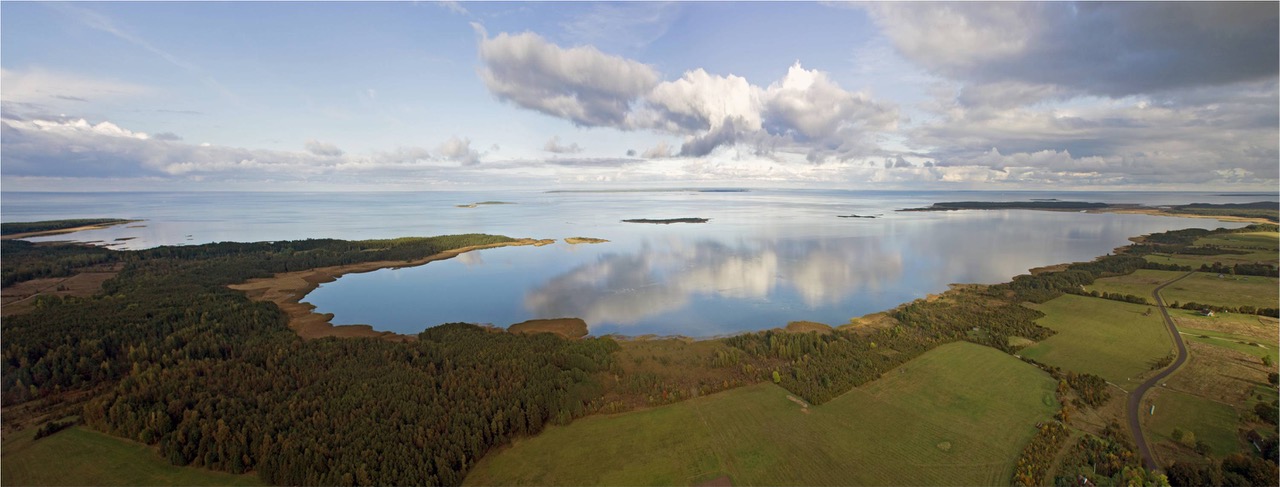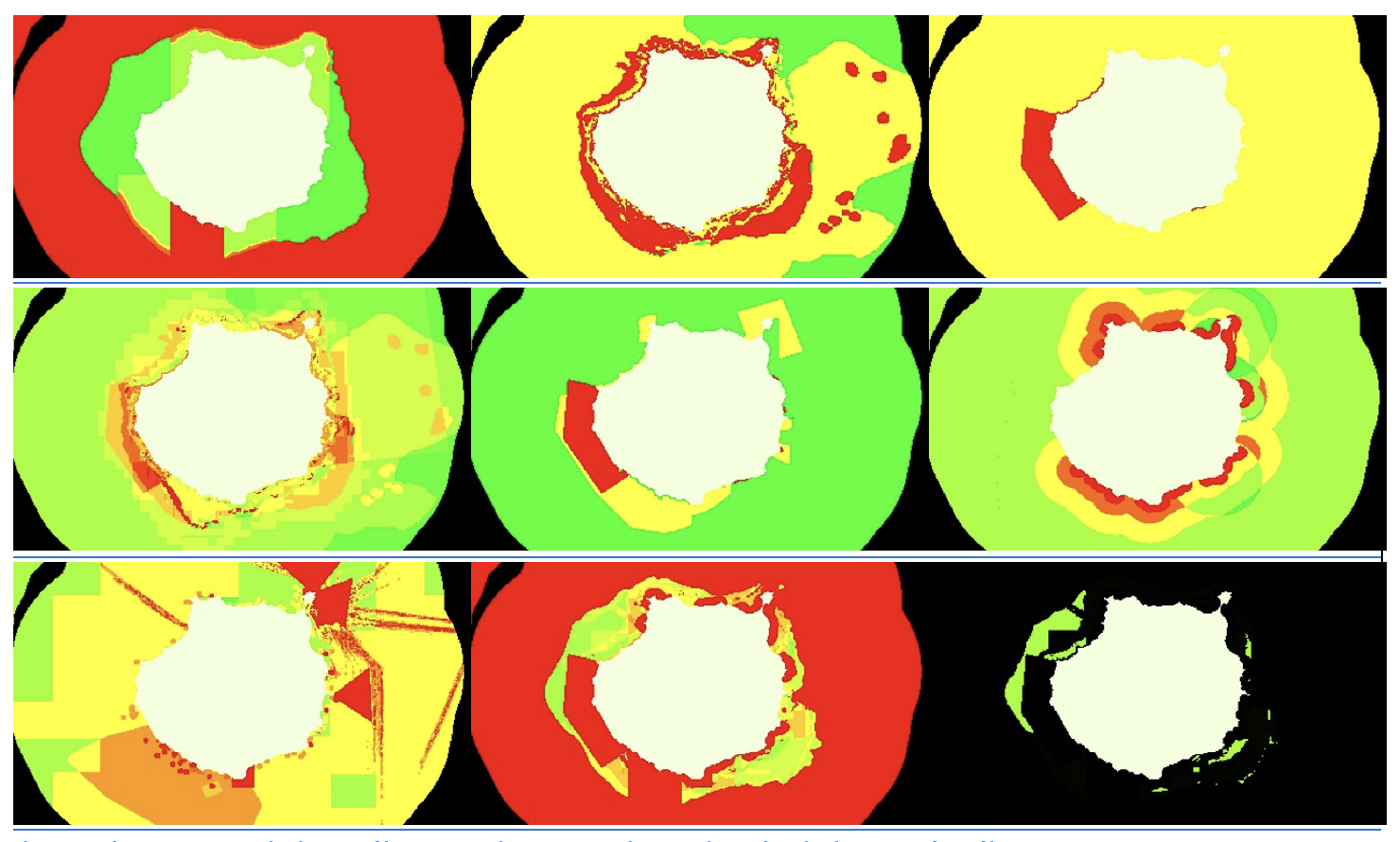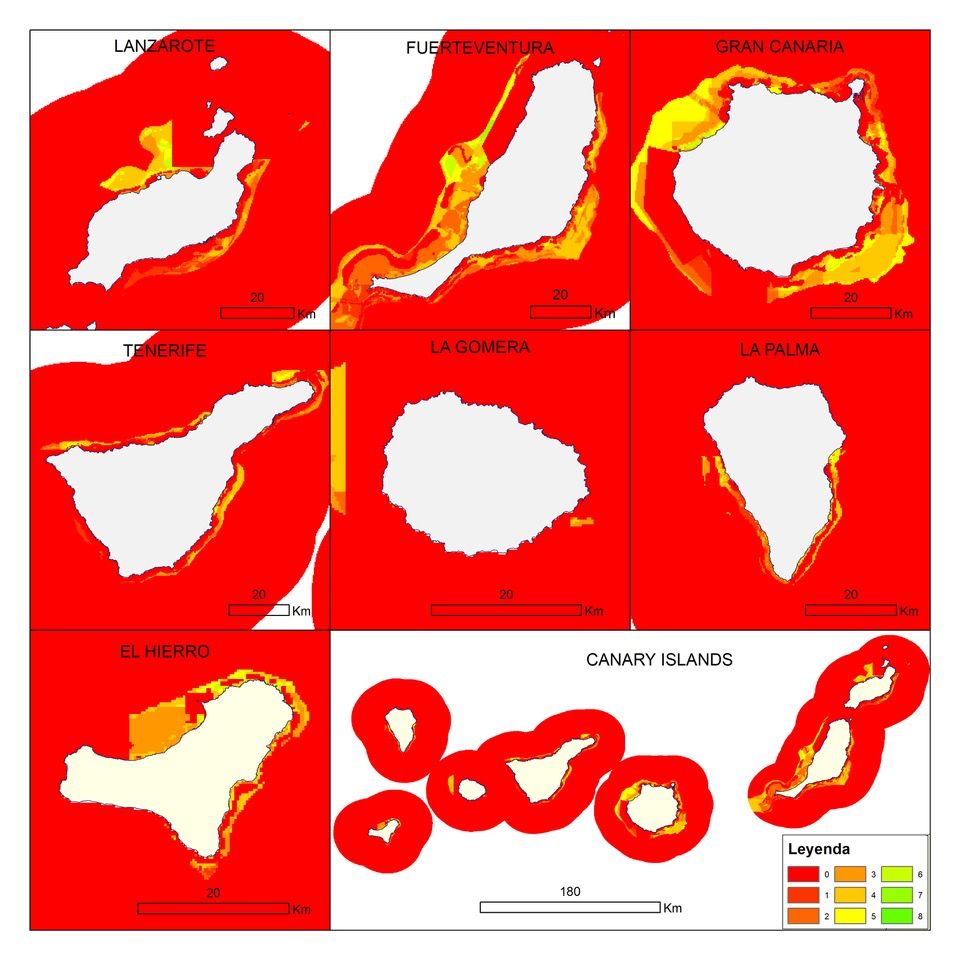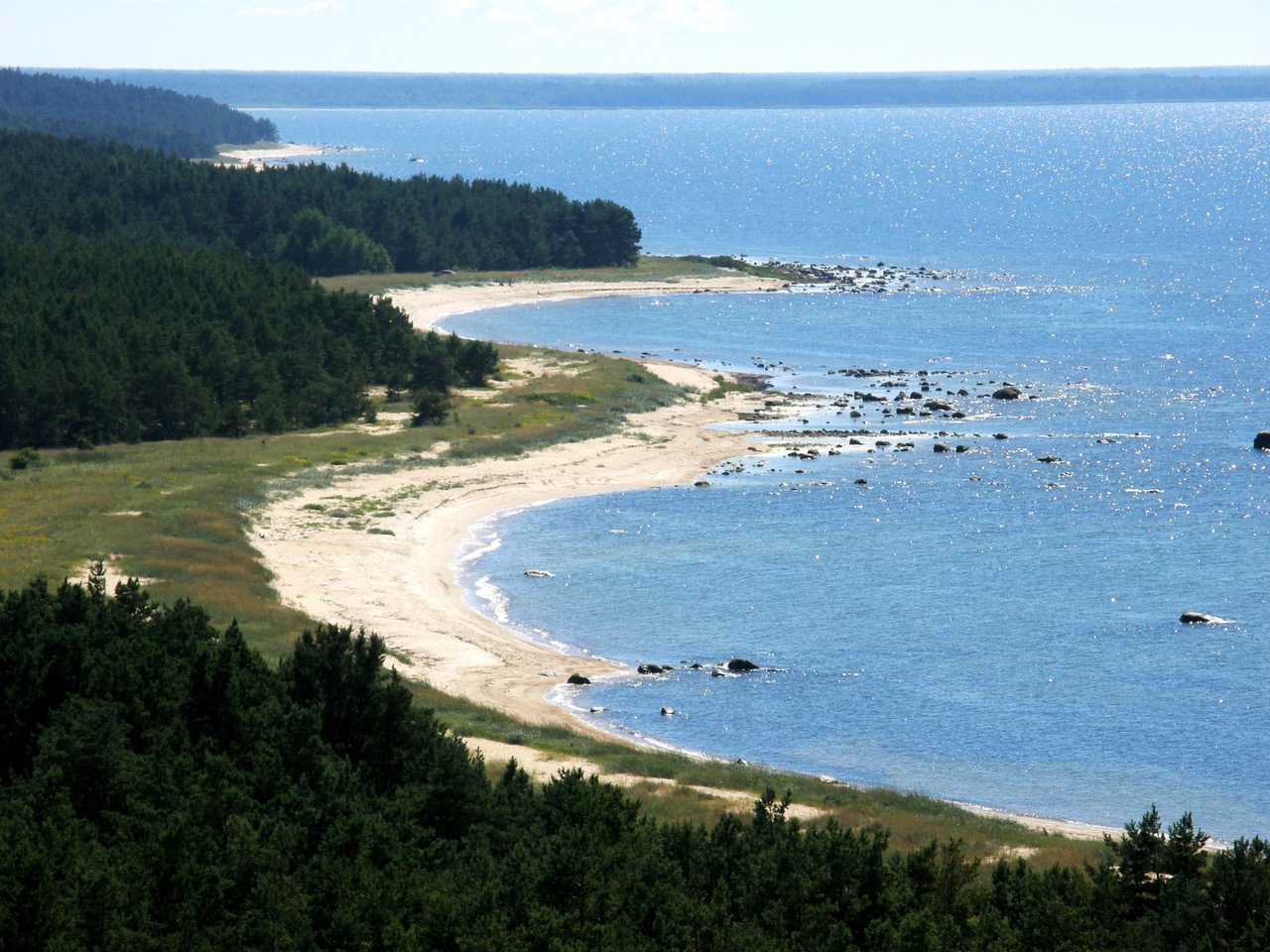The planning developed for the waters of the island of Hiiu, in the Baltic country, is based on the methodology developed by the researchers of the PLASMAR+ project of the ULPGC Institute
Consultants from the Ministry of Finance and the Ministry of Economic Affairs and Communications of the Republic of Estonia, have recently contacted with researchers from the Institute for Research in Sustainable Aquaculture and Marine Ecosystems (ECOAQUA), of the University of Las Palmas de Gran Canaria (ULPGC), in charge of the PLASMAR+ project on Maritime Spatial Planning, in order to adapt the conclusions of the study carried out by the team of experts on the introduction of wind energy in the maritime space of Macaronesia to the particular conditions of the Hiiu maritime area (Hiiu Island, the second largest island of Estonia).
 Photo 1: Tahkuna Peninsula, north of Hiiu Island. From Blizzard1 - Own work, CC BY-SA 3.0. https://commons.wikimedia.org/w/index.php?curid=17841083 Photo 2. Hiiu Island coast, Hellama Bay. Hiiumaamudeliklubi, CC BY-SA 3.0. https://en.m.wikipedia.org/wiki/File:Hellamaa_panoraam.jpg
Photo 1: Tahkuna Peninsula, north of Hiiu Island. From Blizzard1 - Own work, CC BY-SA 3.0. https://commons.wikimedia.org/w/index.php?curid=17841083 Photo 2. Hiiu Island coast, Hellama Bay. Hiiumaamudeliklubi, CC BY-SA 3.0. https://en.m.wikipedia.org/wiki/File:Hellamaa_panoraam.jpg
The research 'Introducing Offshore Wind Energy in the Sea Space: Canary Islands Case Study Developed Under Maritime Spatial Planning Principles', published by the prestigious scientific journal 'Renawable and Sustainable Energy Reviews', defines a novel methodological approach for the introduction of wind energy facilities in the marine space, determining the most suitable locations with respect to five important factors: their oceanographic potential, their environmental sensitivity, restrictions related to marine conservation, land-sea interactions and the ability to avoid conflicts with maritime and coastal activities.
The suitability maps developed based on these criteria are supported by the tool, developed by the Biodiversity and Conservation research group (BIOCON) of the University Institute ECOAQUA, INDIMAR, publicly available on the portal of the ULPGC. This methodology applied in the Canary Islands (Spain), and later in Madeira and Açores (Portugal), has been included in the Estonian project as it is able to analyse the relationship of potential offshore wind energy installations with each defined parameter.

One of the analyses for the potential introduction of offshore wind energy in Gran Canaria. From left to right and from top to bottom; potential based on wind and depth data; suitability of benthic habitats; restrictions due to seabird distribution; suitability in relation to Good Environmental Status; analysis in relation to marine protected areas; suitability in relation to land use in coastal areas; suitability in relation to current maritime activities; superposition of all analyses, most suitable areas for offshore wind farms.
This methodology was experimented along more than 1,500 kilometers of coastline in the Canary Islands and in more than 50,000 square kilometers of related marine areas, in order to identify areas with significant wind and depth, with minimum impact on the marine environment and compatible with marine conservation and the prevention of conflicts with potential economic sectors in each area, such as coastal tourism, fishing, aquaculture or maritime transport, among others.
Based on this research, the Estonian research team has developed its own spatial analysis for the offshore area of Hiiu County (the area where the country wants to install its first offshore wind farms), with extension to the entire maritime economic area of the country. Through the methodology developed by PLASMAR+ the Estonian analysts have been able to determine two locations on their coasts for the country's wind energy planning.
The PLASMAR+ project of the University Institute ECOAQUA of the ULPGC is co-financed by the European Regional Development Fund (ERDF) and the INTERREG V-A Spain-Portugal Cooperation Program MAC 20214-2020 (Madeira- Açores -Canary Islands).

Suitability map developed by Indimar.
You can download the report made for the Canary Islands here.
For more information, please contact:
Beatriz Díaz – beatriz@mandarinacomunicacion.es - 620410871


